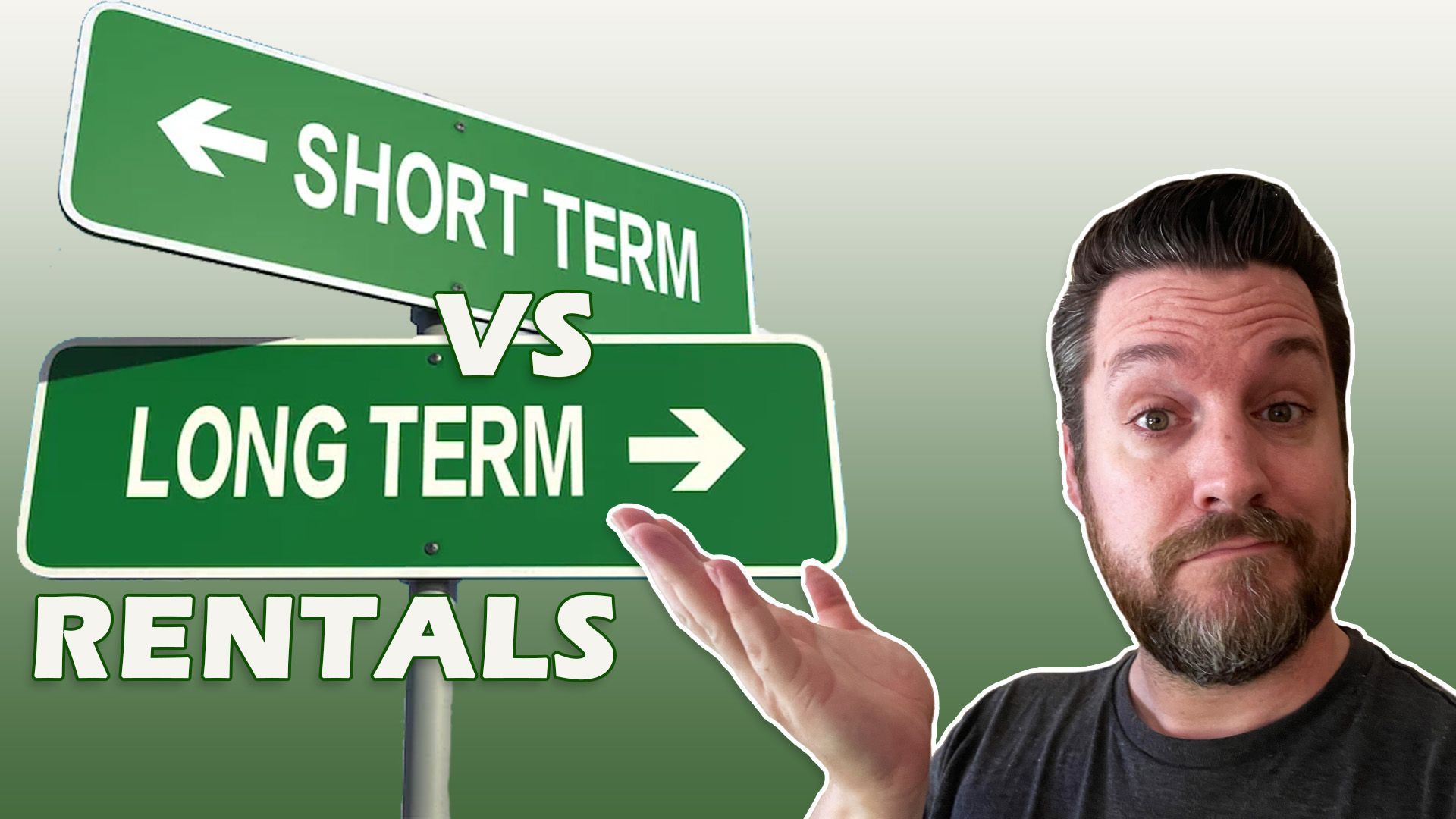Raising Rents: Best Practices
Simplifying Rent Increases in California: A Guide for Property Owners

If you're a property owner in California, you're likely aware of the unique challenges and regulations that come with the territory. In this blog post, we'll provide you with a comprehensive guide on how to raise rents in California, touching on various aspects such as lease agreements, notice requirements, maximum allowable increases, and tenant rights.
Step 1: Review the Lease Agreement
Your journey to a rent increase begins with a thorough review of your lease agreement. Understanding the terms and conditions of your lease is crucial, as it forms the basis for any changes in rent. Some leases may allow for periodic increases, typically on an annual basis, while others maintain a fixed rental rate for the entire lease term.
Step 2: Understanding Rent Control Laws
California's rental laws are known for their complexity, with rent control ordinances varying from city to city. These ordinances may impose restrictions on the amount and frequency of rent increases. Property management professionals are well-versed in local regulations and can help you navigate these intricacies to ensure you're in compliance.
Step 3: Adhere to Notice Requirements
In California, the notice period for rent increases depends on the percentage of the proposed increase. A 30-day written notice is required for increases of less than 10% of the current rent, while a 60-day (and in some cases even a 90-day) notice is necessary for increases of 10% or more. Property management professionals can ensure that you provide the appropriate notice to your tenant, adhering to legal requirements.
Step 4: Determine the Maximum Allowable Increase
Although California doesn't have statewide rent control for properties built after January 1, 2005, some areas have local ordinances that impose limitations on rent increases. Property management professionals have access to market data and can help you determine a reasonable and competitive rent increase that complies with local regulations.
Step 5: Properly Format the Notice
The written notice provided to your tenant must contain specific details, including the current rent amount, the new rent amount, the effective date of the increase, and, if required, a statement explaining the reason for the increase. Ensure that these notices are drafted by professionals in order to meet compliance with state laws and local regulations.
Step 6: Ensure Proper Delivery of the Notice
To maintain legal compliance, landlords must serve the rent increase notice using approved methods, such as certified mail with return receipt requested, personal delivery, or other legally accepted means. A property management professional can expertly handle this process, ensuring all documentation is properly maintained and delivered.
Step 7: Timing of the Rent Increase
Careful timing is essential to avoid prorating rent for partial months. Property management professionals are skilled in coordinating the effective date of the rent increase to align with lease terms and prevent confusion.
Step 8: Addressing Tenant's Rights and Negotiations
Tenants have rights when it comes to rent increases, including the option to accept, negotiate, or terminate their lease if they disagree with the proposed increase. Property management professionals can serve as intermediaries in these discussions, working to maintain positive landlord-tenant relationships and potentially mitigating conflicts.
Step 9: Consultation with Legal Professionals
Property management professionals often have legal expertise or access to legal resources to guide you through the process, ensuring full compliance with California's rental laws and regulations.
Benefits of Using a Property Management Professional
Engaging a property management professional can save you from the complexities and time-consuming tasks associated with managing your rental property. They bring expertise in understanding and adhering to rental laws, handling tenant communication, and ensuring that all paperwork and notices are filed correctly. This can free you from the administrative burden and minimize the risk of legal issues, allowing you to focus on other aspects of property ownership.
In summary, raising rent in California is a nuanced process that requires meticulous attention to detail and compliance with state and local regulations. Partnering with a property management professional can streamline this process, mitigate legal risks, and facilitate effective communication with tenants, ultimately making your role as a property owner less burdensome and more efficient.
If you're ready to simplify your property management tasks and ensure you're in compliance with California's rental laws, consider partnering with a trusted property management company. Your investment deserves the best care, and professionals can provide just that.













